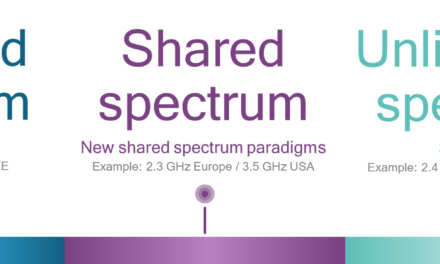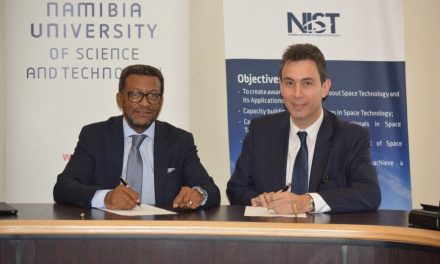
UN’s ICT agency punts Artificial Intelligence to solve road safety conundrum

Geneva – Countries and investors need to step up the development and use of artificial intelligence (AI) to keep future roads safe for everyone, according to the United Nations partners leading a new AI for Road Safety initiative.
The UN’s Sustainable Development Goals (SDGs) include a call for global action to halve the annual rate of road deaths globally and ensure access to safe, affordable, accessible and sustainable transport for all by 2030. Faster progress on AI will be vital to make this happen, especially in low and middle-income countries where the most lives are lost on the roads each year.
The AI for Road Safety initiative brings together the UN Secretary General’s Special Envoy for Road Safety and Envoy on Technology offices in a new partnership for global action with the International Telecommunication Union (ITU), the UN specialized agency for information and communication technologies (ICTs).
“The disproportionate toll of road deaths on developing countries is yet another example of why the benefits of new technologies must reach everyone, everywhere,” said ITU Secretary General, Houlin Zhao. “This is the highest priority of the AI for Good movement and the main guiding light to our new AI for Road Safety initiative.”
The initiative aims to strengthen global AI efforts across the public and private sectors to improve safety for all road users, whether they travel by automobile, motorcycle, bicycle, foot, or other emerging modes of transport.
Safe system approach
AI would form part of the holistic ‘safe system’ approach to road safety, encompassing all elements of dynamic mobility.
The UN Secretary General’s Special Envoy for Road Safety, Jean Todt, said: “There is an untapped opportunity to harness AI to close the digital and road safety divide around the world. I look forward to working with private, public and UN partners to bring life-saving tools to those who need it most.”
This approach requires equitable access to data and the ethical use of algorithms in all arenas. Many countries currently have little or no data, and no means to analyze the data they have, to identify effective road safety solutions.
How the ITU supports road safety
The ITU’s contribution to the AI for Road Safety initiative will build on established ITU standardization work for Intelligent Transport Systems (ITS), ranging from ITS radiocommunications and automotive cybersecurity to vehicular multimedia and the performance of communications involving vehicles.It will also build on outcomes from the ITU Focus Group on Autonomous and Assisted Driving, including techniques for continuous monitoring of ‘AI driver’ behavioural performance, and the ITU Focus Group on Vehicular Multimedia, working to enable next-generation vehicle infotainment systems to improve road safety.
Applicable standards also support global vehicle regulations set out by the UN Economic Commission for Europe (UNECE), reflecting longstanding ITU collaboration with the UNECE Transport Division.
What is the ITU
The International Telecommunication Union (ITU) is the United Nations specialized agency for information and communication technologies (ICTs), driving innovation in ICTs together with 193 Member States and a membership of over 900 companies, universities, and international and regional organizations.












































